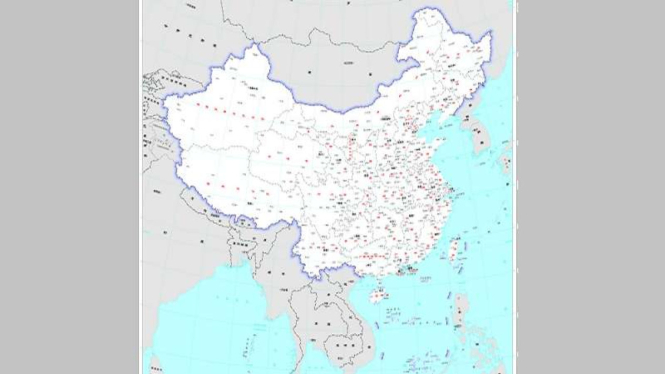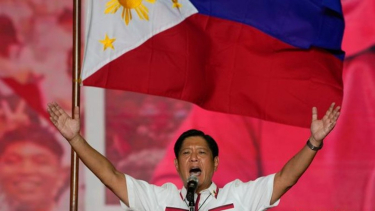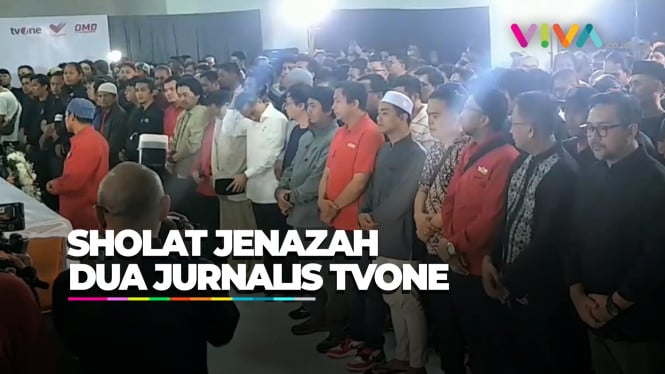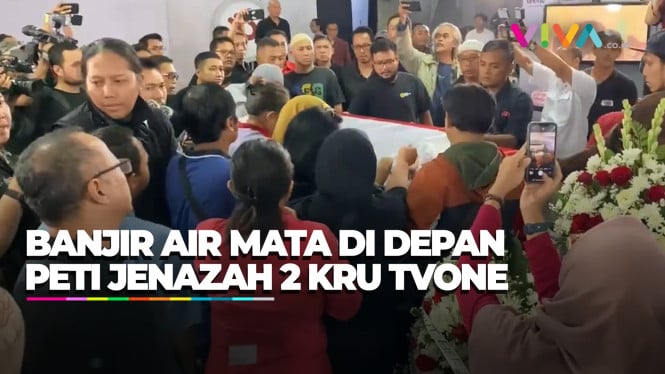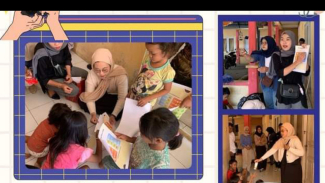Philippines Encourages Rules-based Order in South China Sea
- Global Times
Manila – The Philippines on Monday stated that it will advocate for a "rules-based international order" in the disputed South China Sea during the annual summit of the Association of Southeast Asian Nations (ASEAN).
“My participation will highlight our advocacies in promoting a rules-based international order, including in the South China Sea, strengthening food security, calling for climate justice,” the Philippine President Ferdinand Marcos Jr. said in Manila before flying to Indonesia’s capital Jakarta, where regional leaders will gather to attend 43rd ASEAN summit, as quoted on AA site.
Indonesia, the current chair of the 10-member regional bloc, is hosting the summit from Monday to discuss the development and strengthening of cooperation between the bloc and its partners.
Regional peace and political violence in junta-ruled Myanmar remain high on the agenda.
"I will use this opportunity to advance Philippine priorities in ASEAN and work with other ASEAN member states not only in addressing the complex challenges facing the region, but also in pursuing opportunities for ASEAN as an epicentrum of growth," Marcos explained.
Ferdinand Marcos Jr.
- AP Photo/Aaron Favila
Several ASEAN members have maritime disputes with China in the minerals-rich South China Sea.
As Marcos flew to Jakarta, the Philippines and the US were conducting a bilateral maritime sail in the Philippine waters located west of Palawan.
In Jakarta, the ASEAN summit began with a meeting of foreign ministers of the member states.
Zambry Abd Kadir, the Malaysian foreign minister, said that unity and harmony among the member states “are crucial, especially when ASEAN is asserting itself to be the driver of a peaceful and stable region.”
However, he expressed that it is a great disappointment over the extension of the state of emergency in Myanmar.
Underlining the prolonged political crisis in Myanmar, Zambry also expressed concern on reports about the deteriorating economic situation, continued widespread violence and limited humanitarian access in the country.


